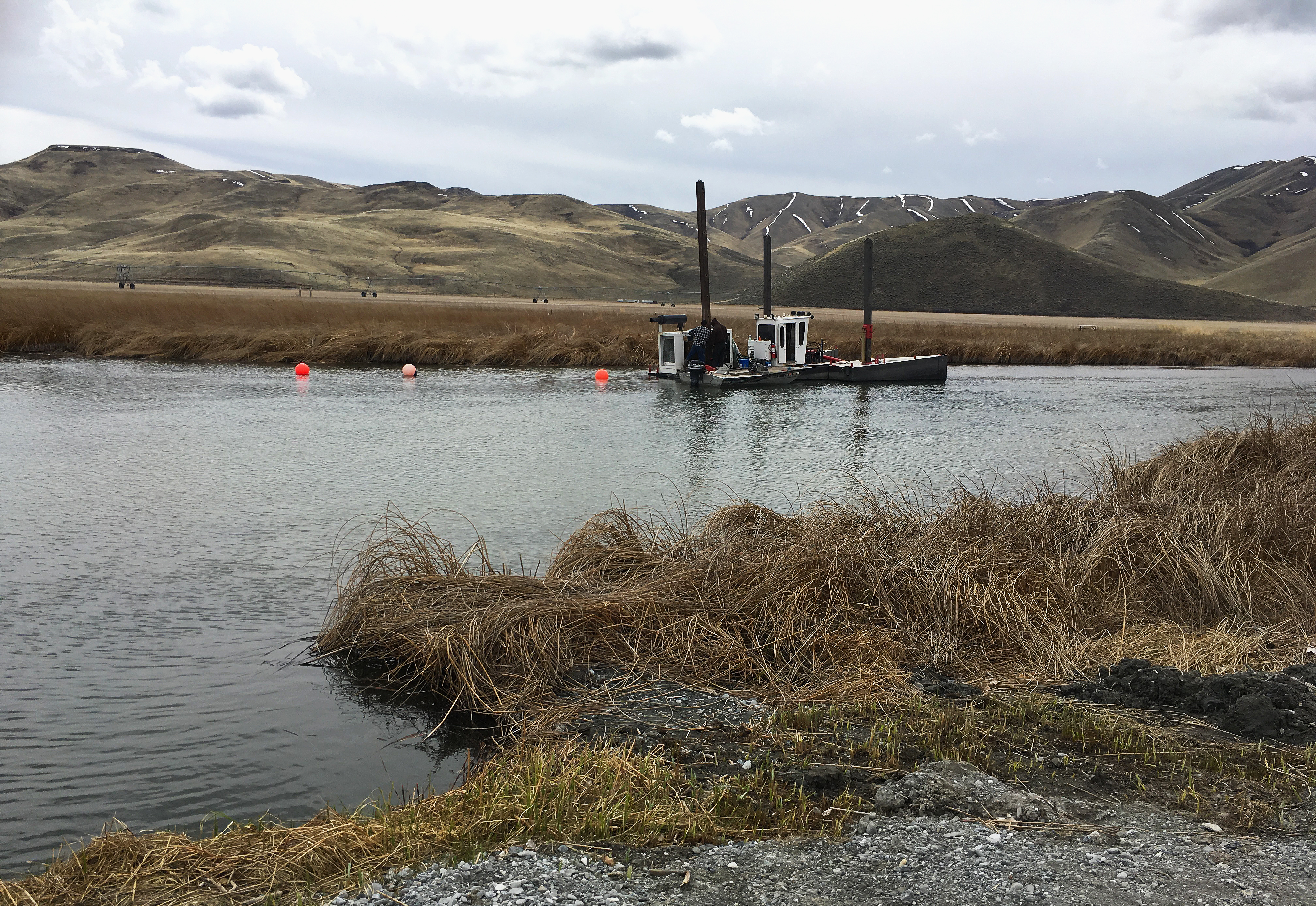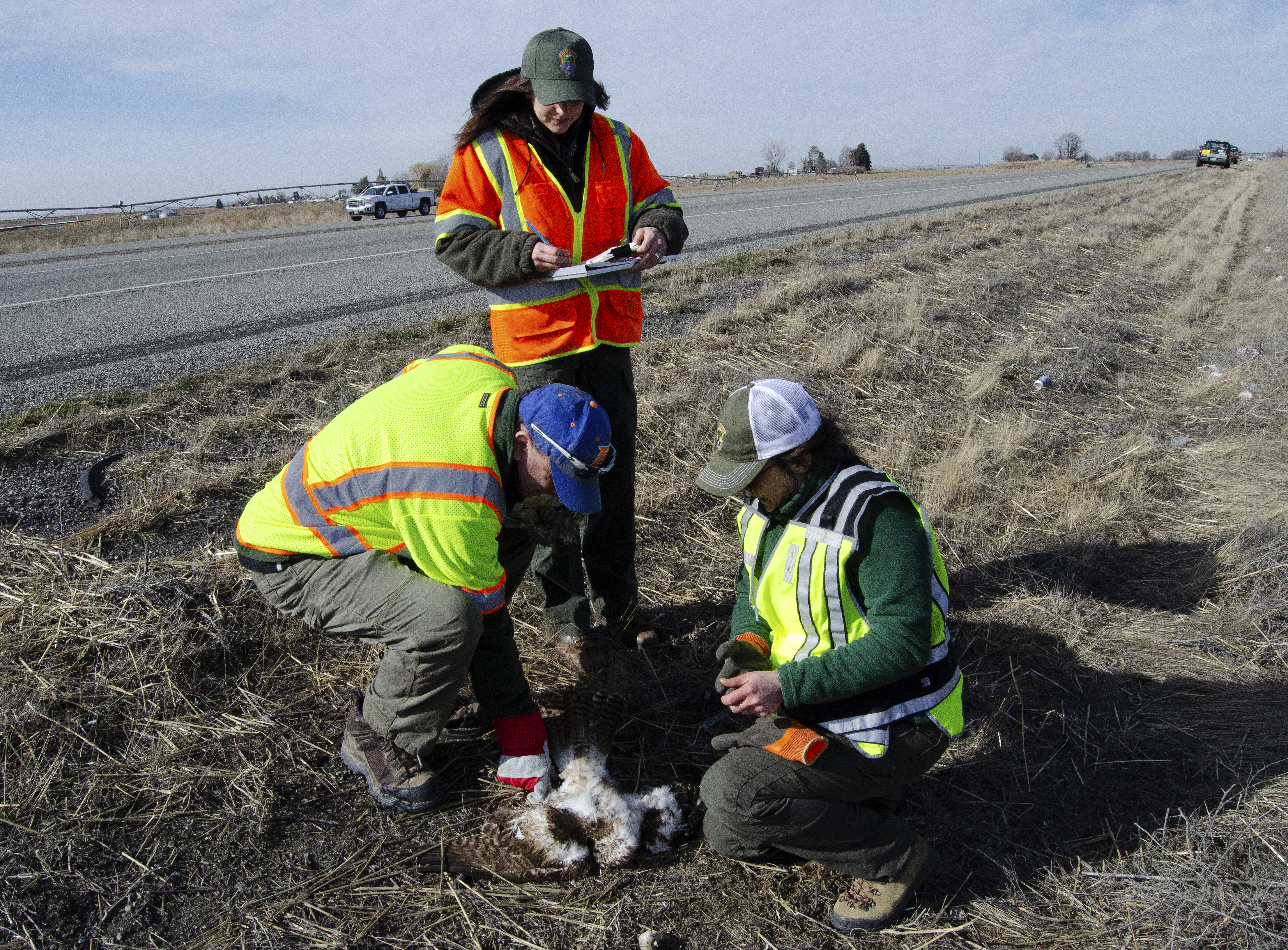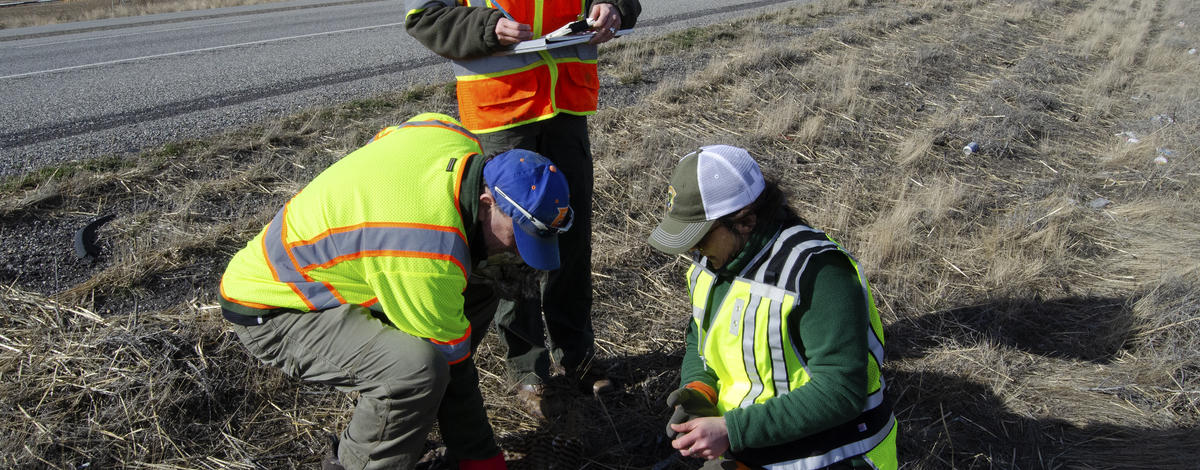Here’s a window into a world within the Idaho Department of Fish and Game (IDFG) that many may not know about: it’s called the Technical Assistance Program. While most Idahoans are probably aware of IDFG’s Fisheries and Wildlife Bureaus, the Technical Assistance Program spans both fish and wildlife issues and is housed under the Director’s Office. It’s a nook within the Department that plays an important but lesser-known role.
Fish and wildlife—both game and non-game species—are property of all Idaho citizens. IDFG’s Technical Assistance Program oversees a Golden Corral-style smorgasbord of issues—everything from water rights to residential housing plats to energy developments. Because all of these types of activities have the potential to affect Idaho’s fish, wildlife, and habitat resources, they all fall within the wheelhouse of Technical Assistance. Program staff review proposed projects and contribute comments and recommendations on how to protect the State’s fish and wildlife resources for the public benefit.

Fish and Game staff provide technical assistance on stream alteration permits, such as this suction dredge project on Silver Creek, which is designed to provide long-term benefits for fish and anglers by removing sediments from spawning gravels.
The technical assistance team includes seven environmental staff biologists, or “ESBs,” each of whom reviews land use projects within a region of the state. On a given day, ESBs may review stream channel alteration permits (a permit required by agencies such as the Idaho Department of Water Resources for projects like dock constructions or bank stabilization) and offer guidance about how to conserve fish, and fish habitat that benefits Idaho’s anglers. ESBs may also review a road reconstruction project and recommend that closures don’t occur in the middle of a popular big game hunt. Staff always look for opportunities for projects to incorporate benefits to wildlife, and work closely with local, state, and federal decision-makers.

Environmental Staff Biologists often work with partner biologists and scientists to collect biological data, such as this project documenting bird mortalities caused by vehicle strikes on Idaho's roadways.
IDFG’s work extends well beyond collaring deer and stocking fish. In addition to all of the important work that occurs in the field, here’s an equally important team in the office—squinting to read the fine print, braving paper cuts on hundred-page documents—on the lookout to ensure the public’s fish and wildlife resources are preserved, protected, perpetuated, and managed for enjoyment by future generations of Idahoans.
For technical assistance questions call the Magic Valley Regional Office at (208) 324-4359.

